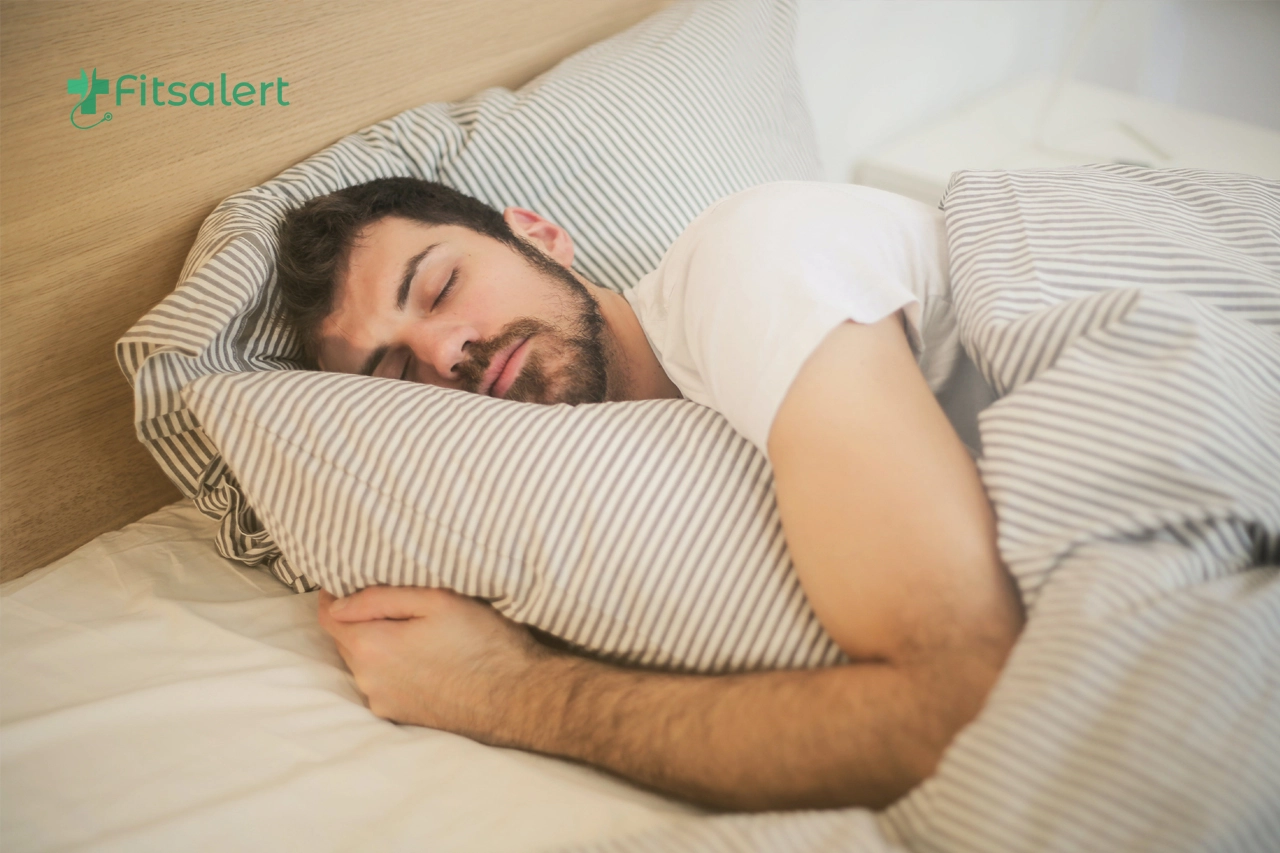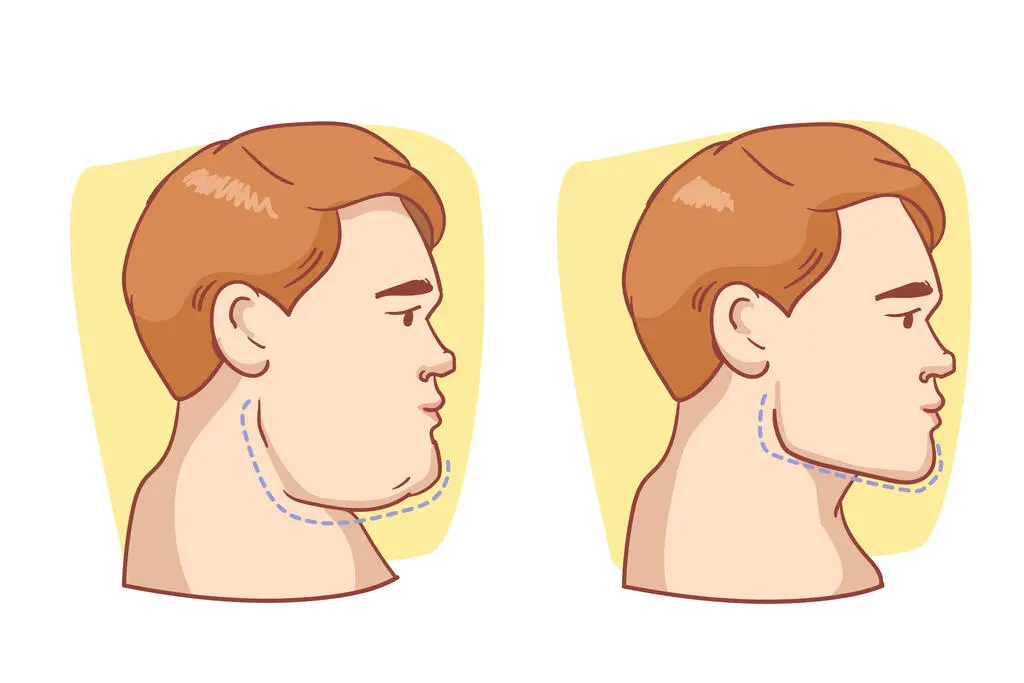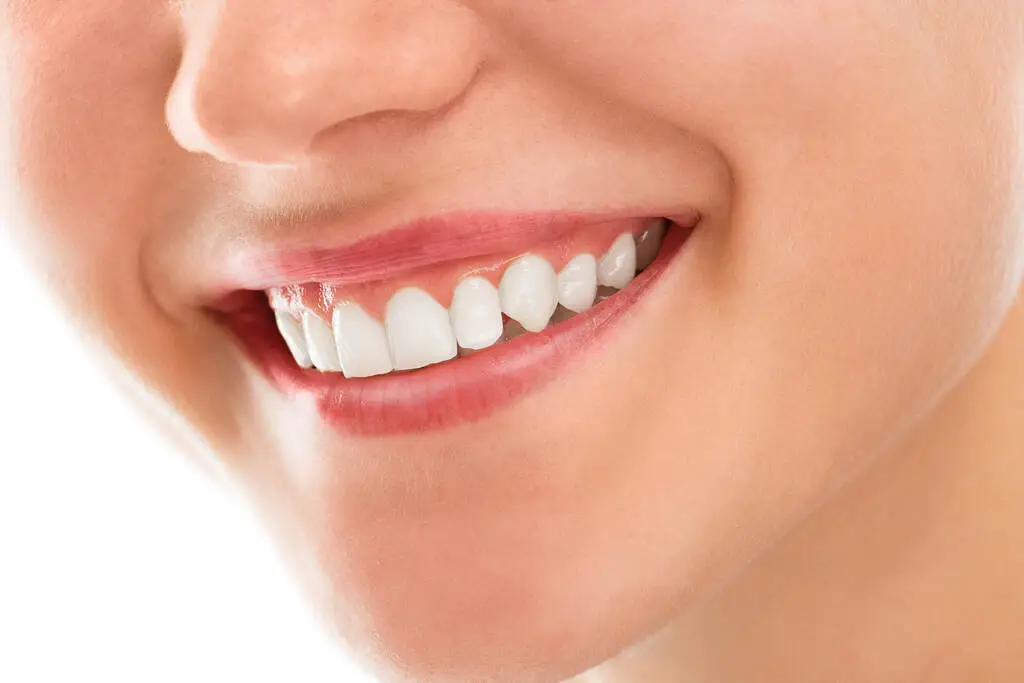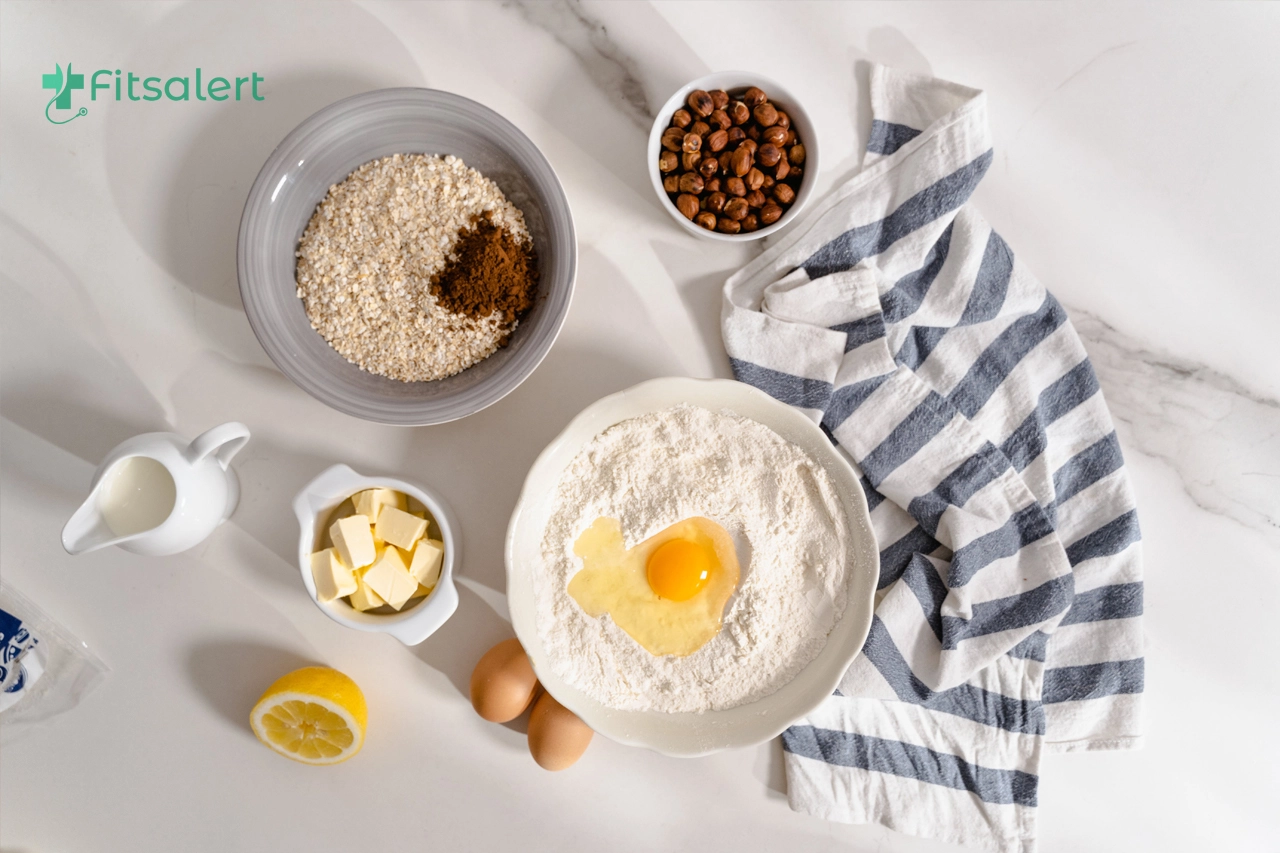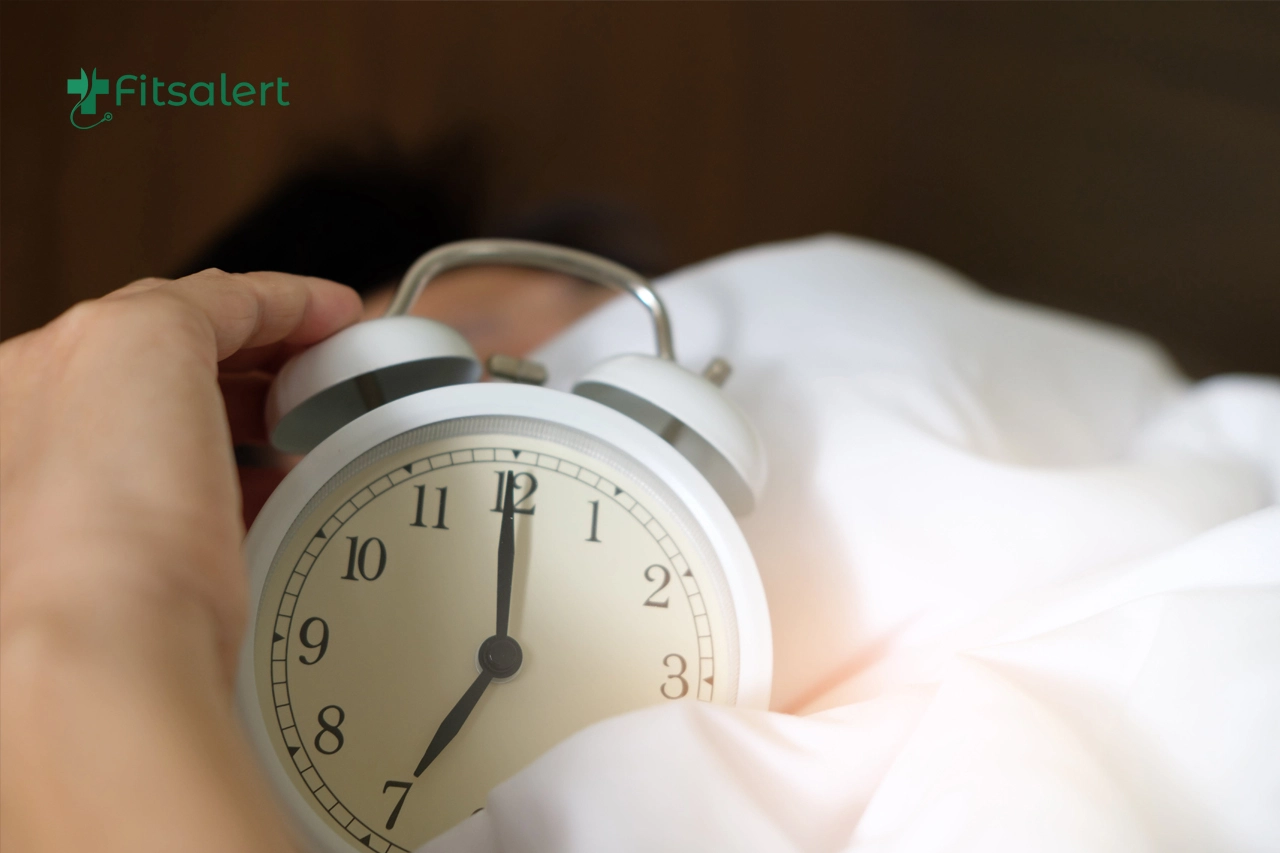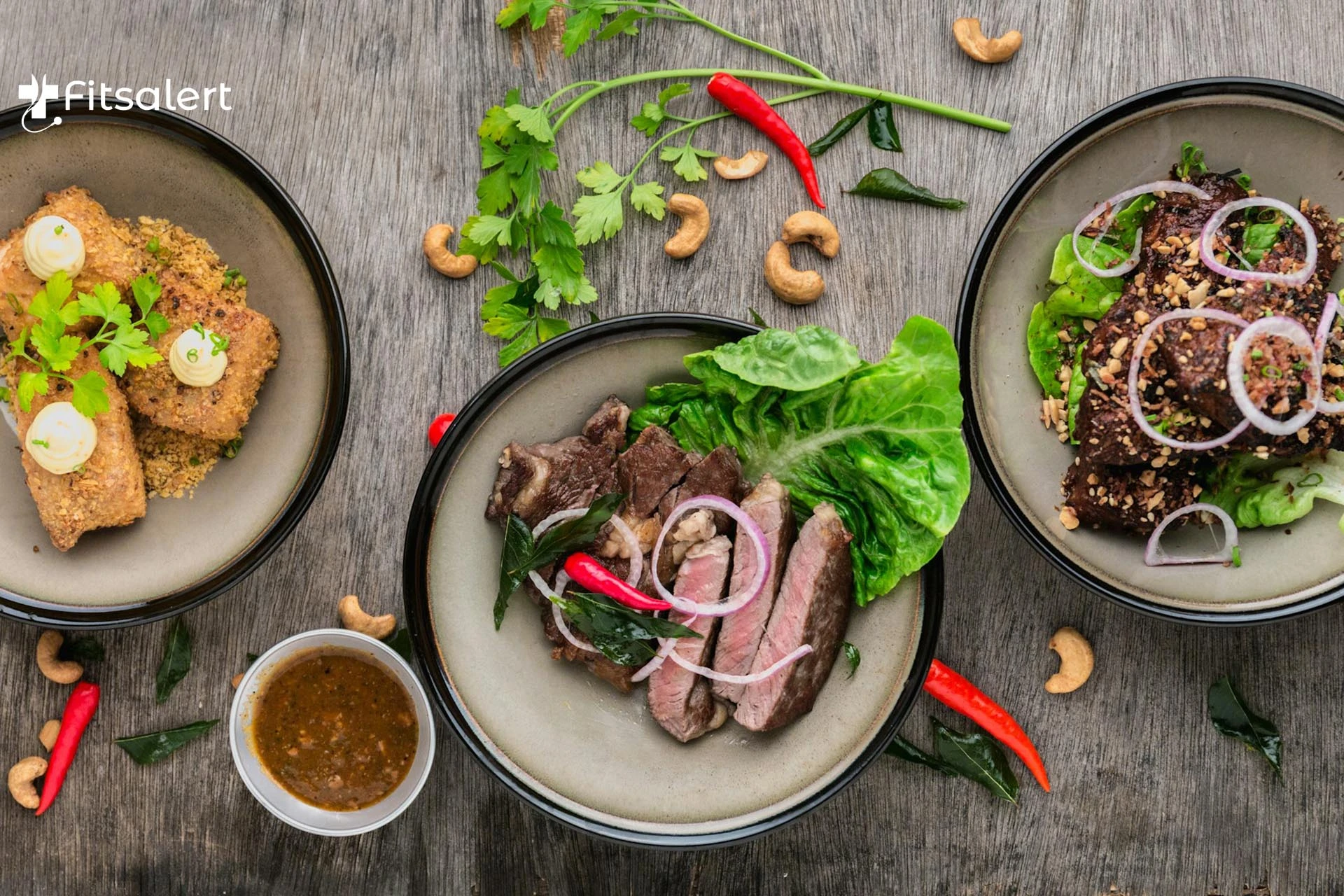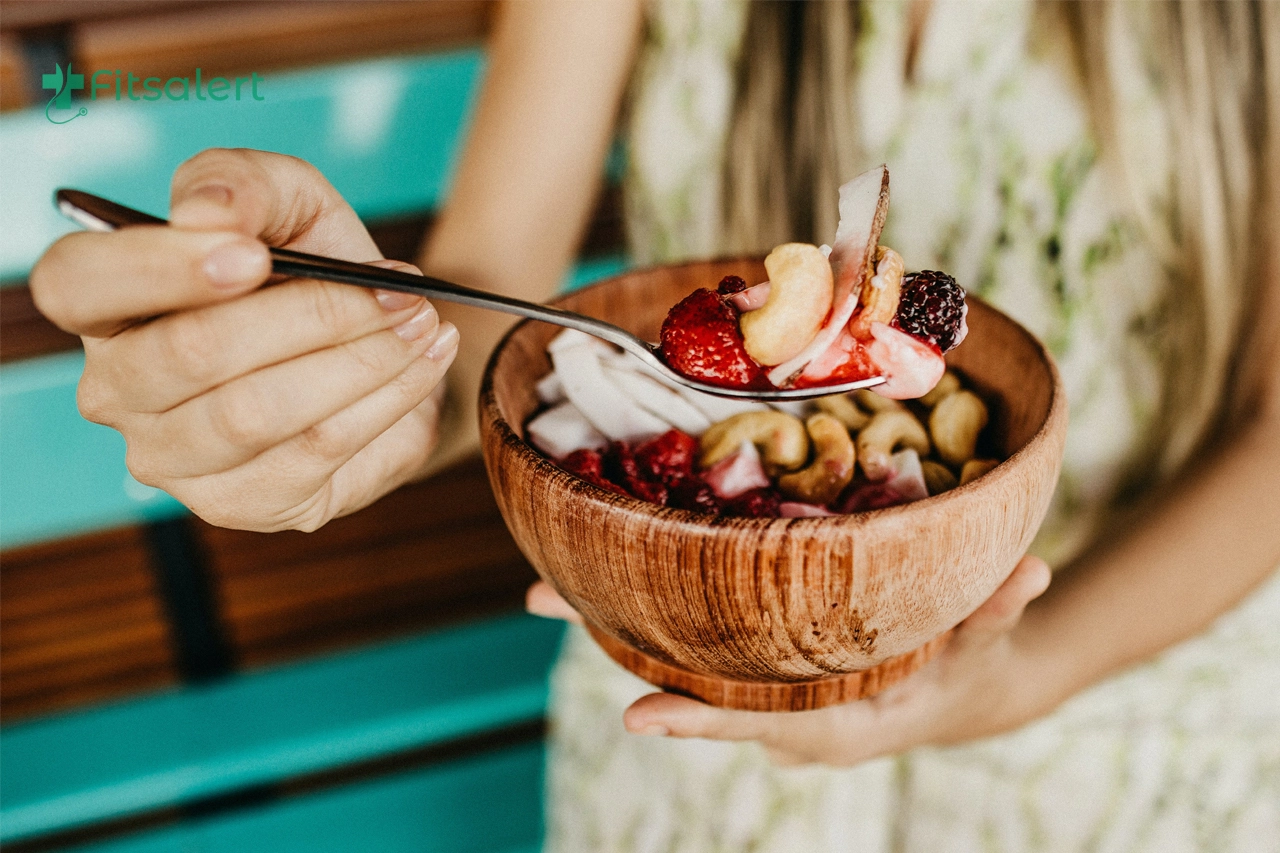Healthy foods and restful sleep are important for maintaining overall health. Lack of sleep over a long period can have negative effects on both physical and mental well-being. Increasing the risk of various health conditions such as heart disease and type 2 diabetes.
Numerous factors, including dietary choices, can impact your ability to fall asleep and stay asleep. This article highlights foods and beverages that may disrupt your sleep patterns if consumed before bedtime.
Caffeinated Foods and Drinks
When considering foods and beverages that provide an immediate energy boost, coffee, and other caffeinated items often come to mind. Caffeine, being a push for the central nervous system, enhances alertness and creates a sense of sleeplessness.
Due to this stimulating effect, consumption of caffeinated foods and drinks such as soda, coffee, caffeinated tea, and chocolate containing caffeine may have adverse effects on sleep, potentially keeping you awake at night. Research indicates that even consuming coffee several hours before bedtime can disrupt sleep patterns.
For instance, a small study involving 12 participants in 2013 revealed that consuming 400 mg of caffeine at bedtime. As well as 3 and 6 hours before sleep, notably interfered with sleep quality. Interestingly, consuming 400 mg of caffeine six hours before bedtime more than doubled the time participants took to fall asleep and reduced their total sleep time by an hour, compared to those who took a placebo.
This sleep disruption caused by caffeine intake might encourage individuals to consume more caffeine the following day to combat fatigue. Which could, in turn, negatively impact the subsequent night’s sleep. Some individuals refer to this pattern as the “coffee cycle.”
While some individuals are highly sensitive to caffeine and may experience sleep disturbances even with minimal intake. Others can consume caffeinated beverages closer to bedtime without encountering sleep problems. Owing to genetic differences. Therefore, while experts recommend reducing caffeine intake for better sleep quality, it’s particularly crucial for those sensitive to caffeine.
Foods containing caffeine include chocolate, coffee (including decaffeinated varieties, albeit in lower amounts), products containing kola nut, green and black teas, guarana, yerba mate, energy drinks, and dishes incorporating caffeine or coffee as an ingredient, like tiramisu.
Spicy Foods
Consuming spicy foods close to bedtime can disrupt your sleep for various reasons.
Spicy foods are famous for triggering indigestion and exacerbating symptoms of heartburn and acid reflux. When you lie down to sleep, these symptoms may intensify as stomach acid travels up the esophagus, causing discomfort and making it difficult to fall asleep or stay asleep.
Therefore, if you commonly experience heartburn or acid reflux after consuming spicy foods. It’s advisable to avoid them before bedtime to prevent sleep disturbances.
Moreover, consuming very spicy foods, such as dishes containing chili peppers, can cause a temporary increase in both core and surface body temperature. While this effect is short-lived, some researchers suggest that the resulting rise in body temperature could negatively impact sleep quality. Elevated body temperature is associated with sleep disruption.
Fast Foods
Consuming ultra-processed foods, such as fast food and packaged snacks, might not be conducive to a restful night’s sleep.
Numerous studies have consistently linked diets rich in ultra-processed foods to poor sleep quality and shorter sleep duration. For instance, a study conducted in 2018 involving 118,462 adolescents aged 12–18 found that higher intakes of fast food, instant noodles, and sweets were associated with both shorter sleep duration and poorer sleep quality.
Similarly, a 2020 study focusing on the sleep patterns of Brazilian adolescents revealed a correlation between increased consumption of ultra-processed foods and poorer sleep quality.
While there are no specific studies on the impact of ultra-processed foods on sleep in adults. The findings from the 2020 study align with the nutritional profile of such foods. Ingredients known to disrupt sleep, including refined carbohydrates, added sugars, and unhealthy fats, typically laden with ultra-processed foods.
Furthermore, diets rich in ultra-processed foods are often linked to weight gain, which can exacerbate sleep issues. Research indicates that individuals with overweight or obesity are more prone to experiencing sleep disturbances compared to those with healthier weights. Obesity, in particular, can contribute to conditions like obstructive sleep apnea, which can disrupt breathing during sleep and lead to further sleep disturbances.
Alcoholic Drinks
Many individuals enjoy having a drink before bedtime as a means to relax. People commonly use alcohol as a sleep aid for this reason. However, despite its initial sedative effects, research indicates that alcohol consumption can disrupt sleep patterns and lead to difficulties staying asleep. Although alcohol may initially promote quicker sleep onset.
It significantly interferes with sleep quality as blood alcohol levels decrease throughout the night. A study was conducted in 2020, which involved 11,905 participants. Revealed a notable association between higher alcohol intake and poorer sleep quality, as well as shorter sleep duration. Similarly, a 2019 study involving 25 individuals found that consuming a large amount of alcohol resulted in decreased total sleep time and self-reported sleep quality.
Due to its strong correlation with insomnia, healthcare professionals often advise against consuming alcohol before bedtime as part of insomnia management. If you frequently rely on alcohol to induce sleep or relaxation before bed, it’s essential to recognize that alcohol may induce drowsiness initially. It can ultimately compromise overall sleep quality and potentially disrupt sleep later in the night.
Final Thoughts
If you struggle with falling asleep or staying asleep, making dietary adjustments can be beneficial. Research has established a connection between certain foods and beverages. Such as those containing caffeine, added sugar, refined carbohydrates, spicy ingredients, high levels of fat, and alcohol, with poorer sleep quality and shorter duration of sleep.
To enhance the quality of your sleep and reduce the likelihood of nighttime awakenings. It’s advisable to moderate or abstain from consuming the items mentioned above, particularly as the day progresses and before bedtime.

